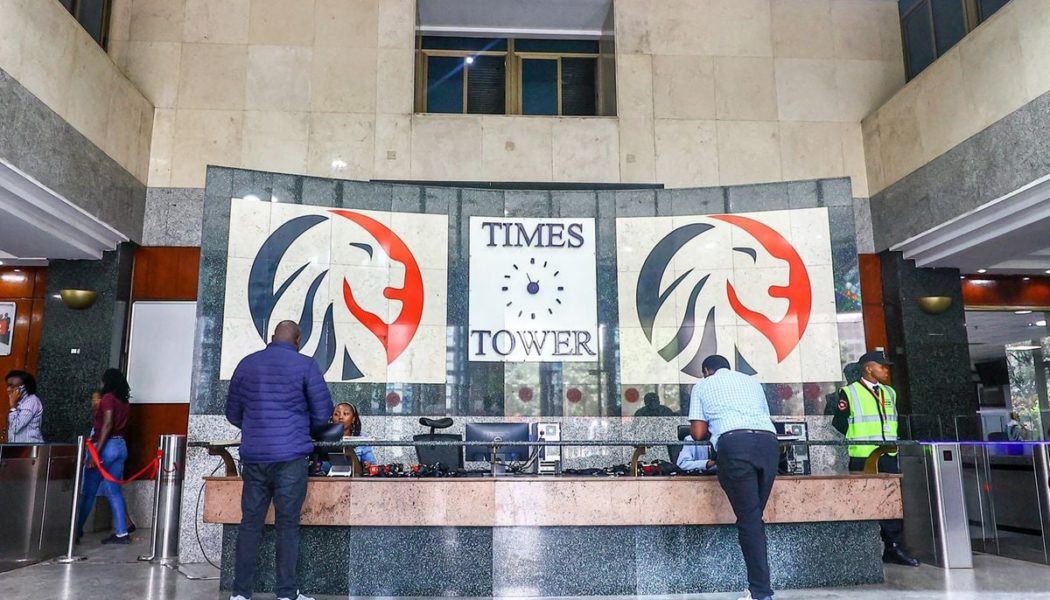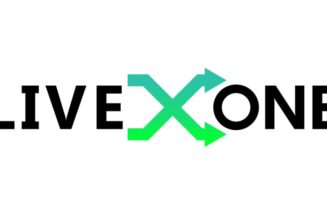
Kenya Commercial Bank (KCB) and Spire Bank paid Kenya Revenue Authority (KRA) Sh2.1 billion and Sh152.2 million, respectively, in fines for delayed remittance of taxes.
The penalties were enforced in the year ended June 2023, according to KRA’s latest annual report.
Spire Bank has since ceased operations after Equity Bank Kenya acquired some of its assets and liabilities in January last year in a deal that ended heavy losses for the small bank’s former majority shareholder, Mwalimu National Co-operative Savings and Credit Society Limited.
“The authority received a total of Sh2,134,239,152.54 from KCB and Sh152,247,266 from Spire Bank being payment for penalties incurred due to delayed transfers of revenue taxes to the KRA collection accounts at Central Bank of Kenya (CBK),” the taxman said in its latest annual report.
“These penalties were accrued before the enactment of the Tax Laws Amendment Act of April 2020, which classified penalties therefrom as part of tax debt enforceable under tax laws.”
The KRA added that it sought and received approval from the National Treasury to use the penalties amounting to Sh2.2 billion for priority projects in its ICT strategy and on capital items approved by its board.
It was not clear whether the penalties were applied to delayed remittances of the banks’ own corporate taxes or if they were for collections from other taxpayers under the agency model.
KCB told the Business Daily that the tax penalty is an “old matter from 2021” when contacted for comment.
KRA Commissioner-General Humphrey Wattanga had not responded to our queries by press time.
KCB, in which the government has the single largest stake of 19.76 percent, did not itemise in its disclosures the significant payout in its latest annual report for the year ended December 2023.
The bank’s external auditors PricewaterhouseCoopers (PwC), however, said the lender still has other outstanding and unspecified tax claims.
“As disclosed in Note 47 of the financial statements, the group entities had several unresolved tax claims and legal matters arising in the ordinary course of business,” the audit firm said of KCB’s contingent liabilities.
“The directors use the best available information to assess the likely outcome of the unresolved matters for purposes of estimating any potential liabilities to be recorded or determining the level of disclosures in the financial statements. The future outcome of these claims and legal proceedings could be materially different for the directors’ judgements at the year-end,” it added.
KRA has had several disputes with banks over their role as tax collection agents, specifically for failing to hand over the taxes collected from businesses and individuals.
According to the KRA Act, agents appointed by the taxman should transfer the tax revenue to the designated CBK accounts within two days following the collection date.
Failure to transfer these funds attracts a penalty equivalent to two percent of the revenue collections that were not transferred.
The penalty is also compounded every other day on the revenue that is not transferred.
“The penalty under sub-section (3) shall be treated as a tax debt due to the government, and the enforcement measures for collection and recovery of tax shall apply,” says the Act.
KRA did not specify the period during which the penalties charged to the two banks were accrued.
Failure to remit taxes on time means the withheld funds went to support the institution’s operations, including boosting liquidity, which is critical in meeting a bank’s ongoing obligations, such as providing cash withdrawals.
The sale of parts of Spire Bank to Equity Bank followed the small lender’s failure to access cash from peer banks due to financial challenges, forcing it to rely on its former majority shareholder, Mwalimu National Sacco, for liquidity support.
KCB and Spire are not the only lenders to be hit with tax penalties by the KRA.
Earlier this year, SBM Bank Kenya revealed that KRA had hit it with a Sh737 million tax penalty. The penalty related to an agency contract KRA had with the lender when it was trading as Fidelity Commercial Bank (FCB) before its acquisition by Mauritius’s SBM Group seven years ago.
The tax claim related to penalties on taxes collected by FCB on KRA’s behalf.
The penalties come when KRA is under increased pressure to collect more taxes after missing its revenue targets for two years in a row.
KRA collected Sh2.407 trillion in tax revenue in the year ended June 2024, against a target of Sh2.5 trillion. This translates to a performance rate of 95.5 percent in a tough year underpinned by high inflation and increased taxation.
This underperformance came on the back of similar below-par performance in the 2022–23 fiscal year when the tax agency collected Sh2.166 trillion in tax revenue. This was a performance rate of 95.3 percent as the revenue target for the year had been set at Sh2.273 trillion.









